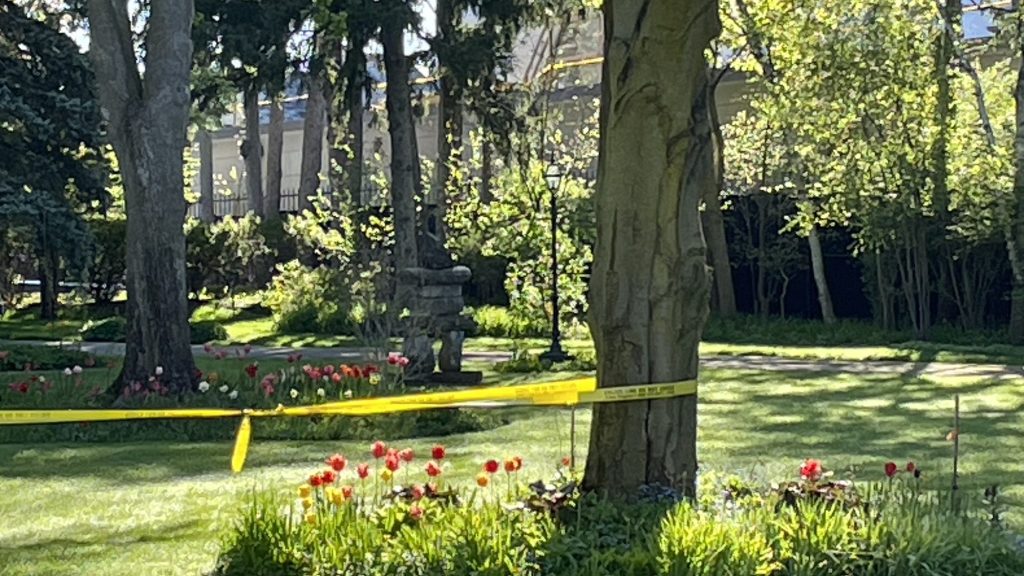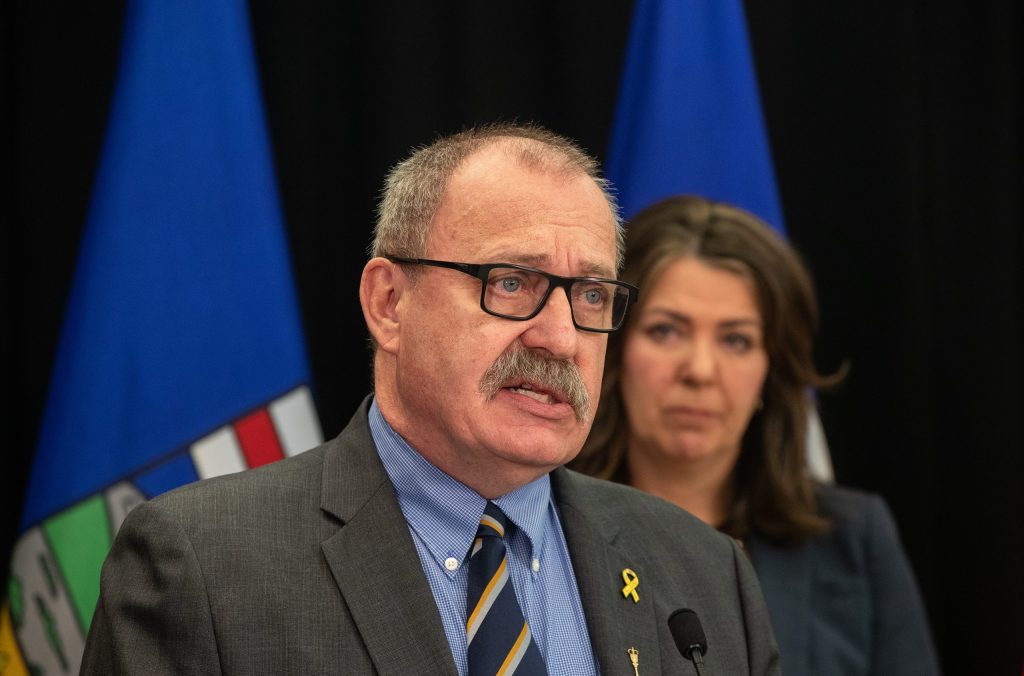Calls grow for Vatican to give access to Indigenous artifacts
Posted March 21, 2022 12:30 pm.
Last Updated March 21, 2022 12:34 pm.
Indigenous delegates are set to meet with Pope Francis at the Vatican later this month to discuss reconciliation and healing.
But for generations, Indigenous artifacts have been kept within the Vatican’s hands. Indigenous artists and curators say that reconciliation cannot be achieved if important Indigenous objects remain unseen.
“I think if they are really and truly interested in reconciliation, they have to fulfill some of the requirements that are being set forward by the Indigenous people, and if they want the items back, they should give them back,” said Cora Voyageur, a sociology professor at the University of Calgary.
Many of the objects were taken after the Canadian government, through the Indian Act, outlawed cultural practices including wearing traditional clothing. Ceremonial items were seized, then sold to museums, or destroyed.
“This remains a mystery of what is being hidden, why it’s being hidden, and why Indigenous people remain shut out,” said Gerald McMaster, a curator with Siksika Nation.
RELATED:
- Williams Lake First Nation finds 93 possible burial sites around former residential school
- Tk’emlúps te Secwépemc invites Pope to visit Kamloops, calls for apology from Catholic Church
McMaster has unsuccessfully attempted to see the full collection. Despite being a top expert in the field, he says keeping the items away from the people who created them is a denial of their history.
“Indigenous peoples are interested in their history. A history that was erased,” he added.
Voyageur, who also survived residential schools, says they talk about four elements of culture: normative, shared beliefs, language and, last but not least, material.
“Many of those objects have a lot of significant spiritual and ceremonial value to those people, so allowing Indigenous people to have ownership of those, and giving those back to the rightful owners is, I think, integral to the reconciliation process. Because once we know the truth, there is an expectation there will be action. This is the action part of that.”
Calls for the Pope to apologize have intensified since the discovery of unmarked graves at several former school sites.








